9 Countries to Visit Soon Before Tourism Doors Close
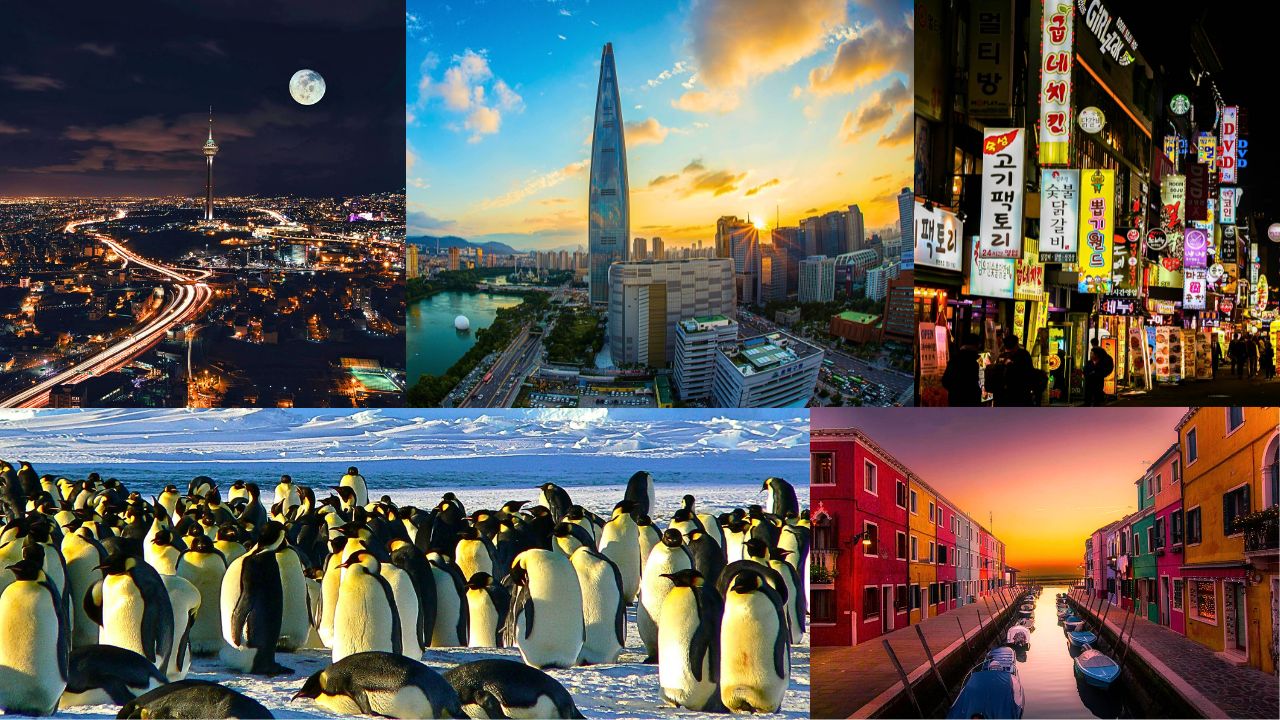
Not every destination will welcome travelers forever. Across the globe, climate change, political instability, and over tourism are forcing countries to rethink how and whether they allow visitors in. From fragile ecosystems to cultural preservation efforts, new restrictions, higher fees, and outright closures are becoming more common. In some places, tourism may soon be limited to the ultra-prepared or priced out altogether. If you’ve been dreaming of a bucket-list trip, this may be your last chance. These 9 countries are changing fast, visit while the doors are still open.
Bhutan
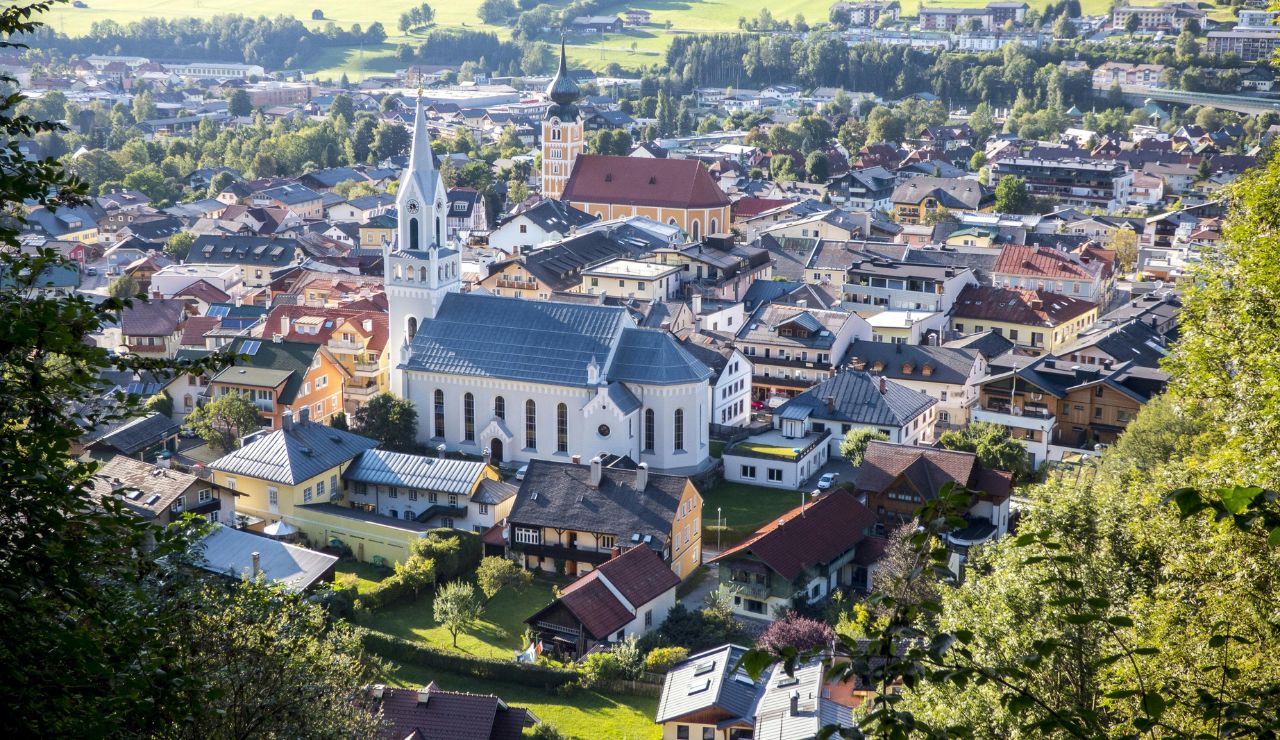
Bhutan has always been selective about tourism, but it’s now even more exclusive. In an effort to protect its pristine environment and deep-rooted culture, the country charges a $100-per-day Sustainable Development Fee plus accommodation, transport, and guide expenses. Independent travel is not allowed, all trips must be arranged through licensed tour operators with government-approved itineraries. Bhutan’s “high-value, low-impact” model means fewer crowds and a richer experience but also tighter access. Peaceful and profoundly unique, it’s best to visit before prices or policies shift again.
North Korea
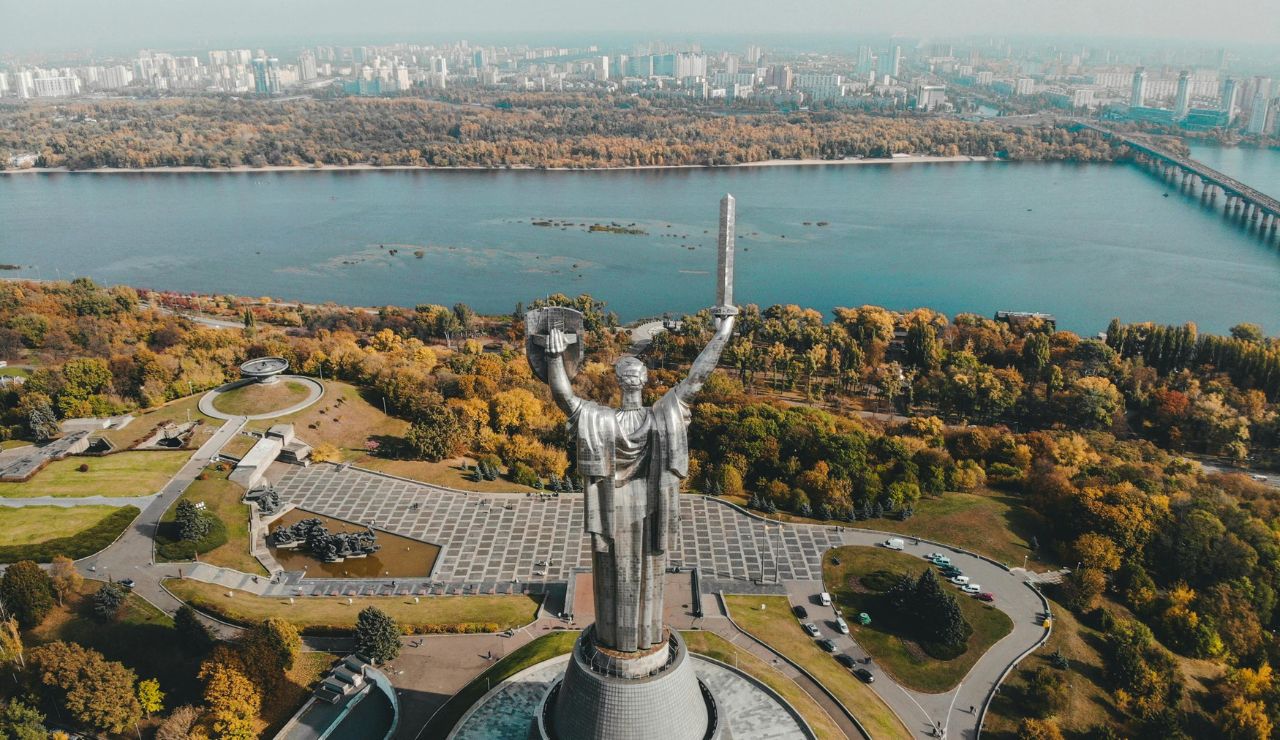
Traveling to North Korea has always required patience and permission but now, it’s nearly off-limits. Most guided tours have been suspended due to heightened political tensions and border closures. Even under normal circumstances, visits are tightly controlled, with no independent travel allowed and every movement monitored. If the country does reopen, it will likely be under strict conditions and for limited windows of time. North Korea remains one of the most isolated places on Earth, if you’re ever granted access, it’s a rare and fleeting glimpse into an unseen world.
Venice (Italy)
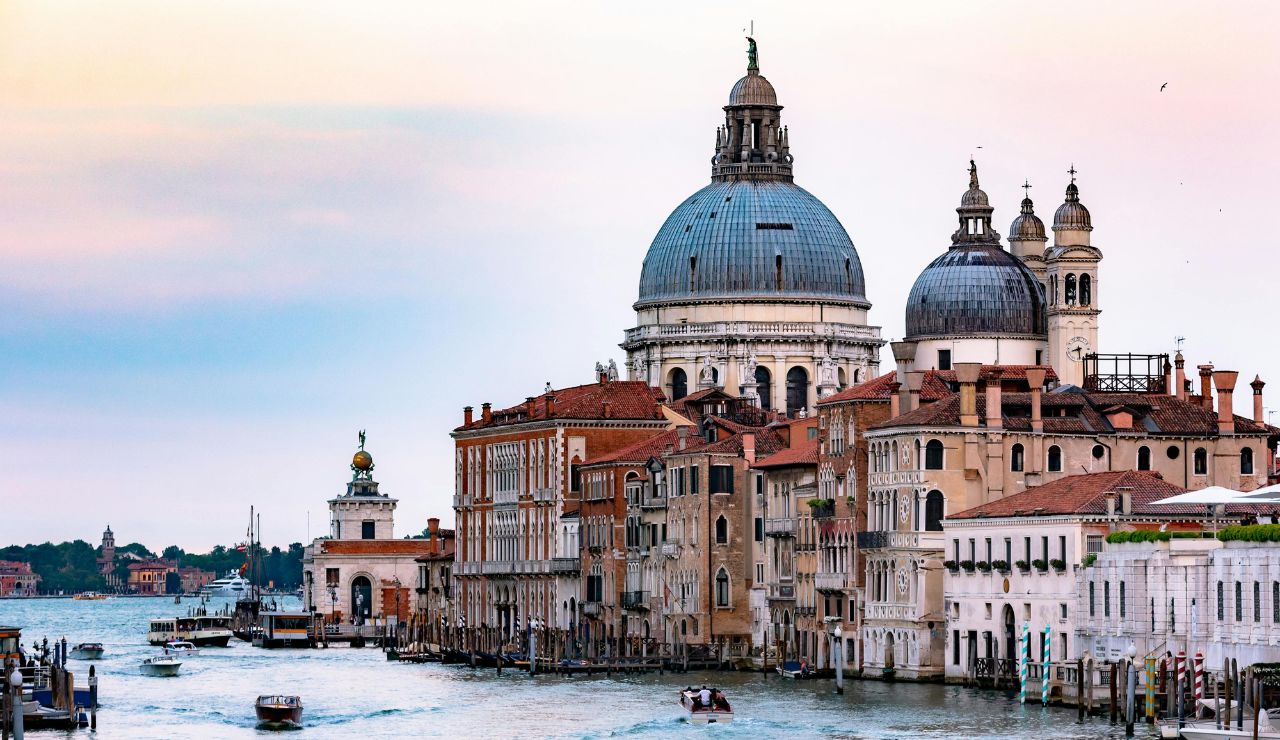
Venice may not be a country, but it’s a global icon now fighting to protect itself from being loved to death. With over tourism overwhelming its canals and plazas, the city has introduced entry fees, daily visitor limits, and bans on large tour groups in sensitive areas. Spontaneous visits are vanishing as advance reservations become the norm. Even cruise ships are being rerouted away from the fragile lagoon. If you’ve dreamed of wandering Venice’s narrow alleys and romantic bridges, don’t delay, soon access could be far more limited, regulated, or even denied altogether.
Antarctica
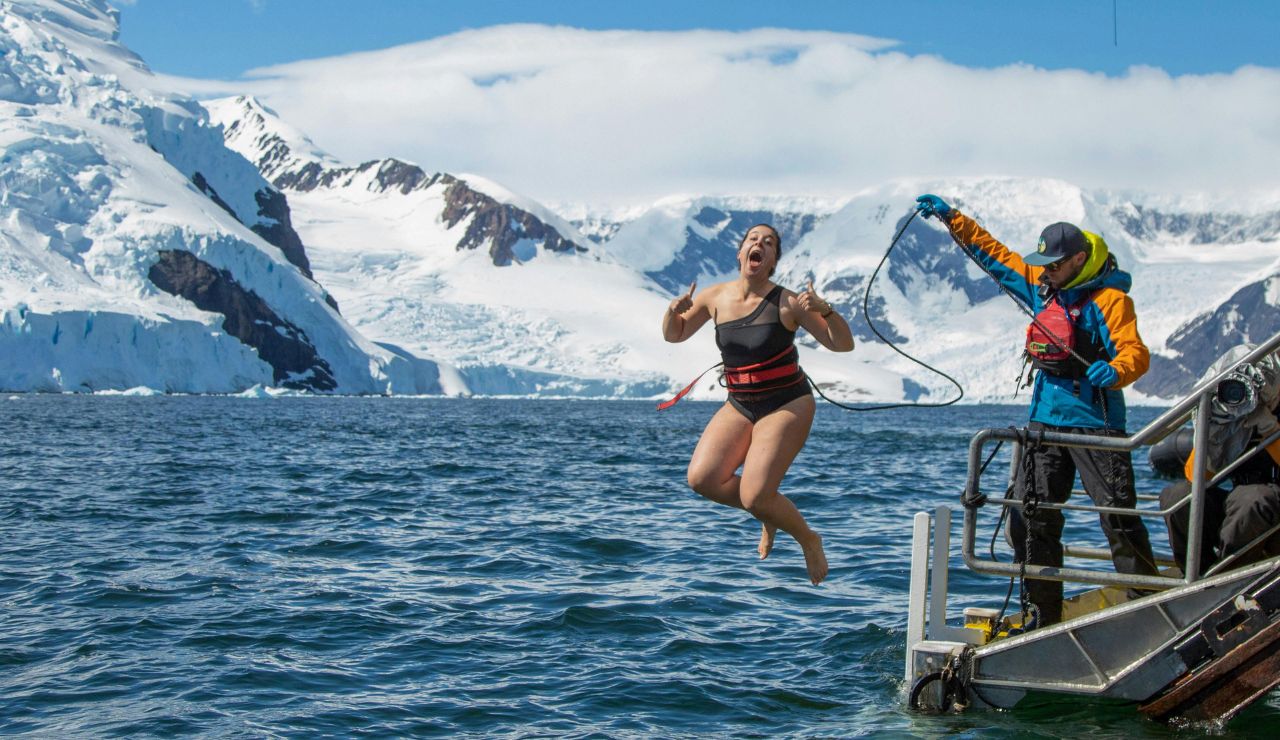
Antarctica isn’t a country, but it’s one of the most tightly controlled destinations on Earth and with good reason. Its frozen landscape is home to delicate ecosystems that are easily disrupted by human activity. Only a limited number of visitors are allowed ashore each year, and stricter cruise regulations are making access even harder. Ships must meet environmental standards, and landings are carefully timed and capped. Add in the looming threat of climate change, and the urgency becomes clear, this awe-inspiring wilderness is changing fast. If you want to see it untouched, now is the time.
Iran
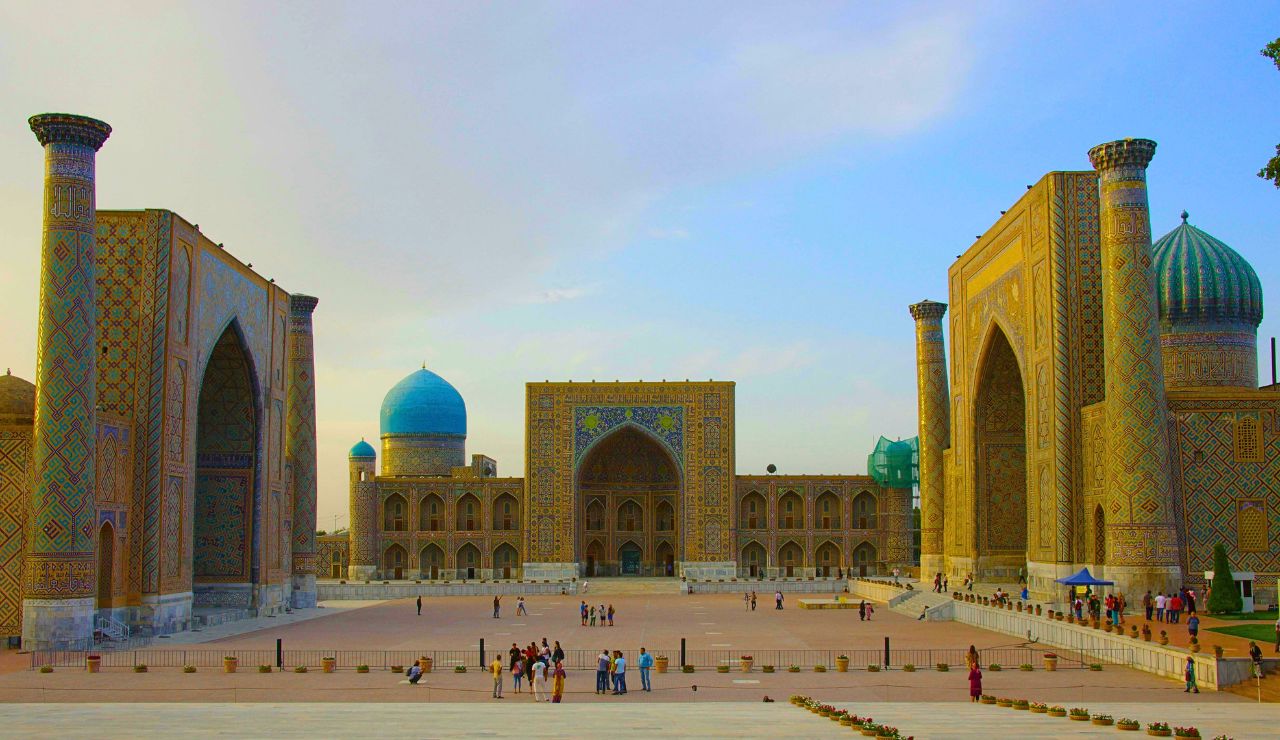
Iran dazzles with ancient cities, intricate architecture, and some of the world’s most hospitable locals. But strained diplomatic relations and regional instability have made visiting increasingly complicated. Visa approvals can be unpredictable, and travel advisories shift frequently. While those who go often rave about the experience, ongoing sanctions and political tensions could close the door to tourism entirely at any moment. If you’re drawn to Iran’s rich culture and layered history, be ready to act when conditions align because the window to explore may not stay open for long.
Cuba
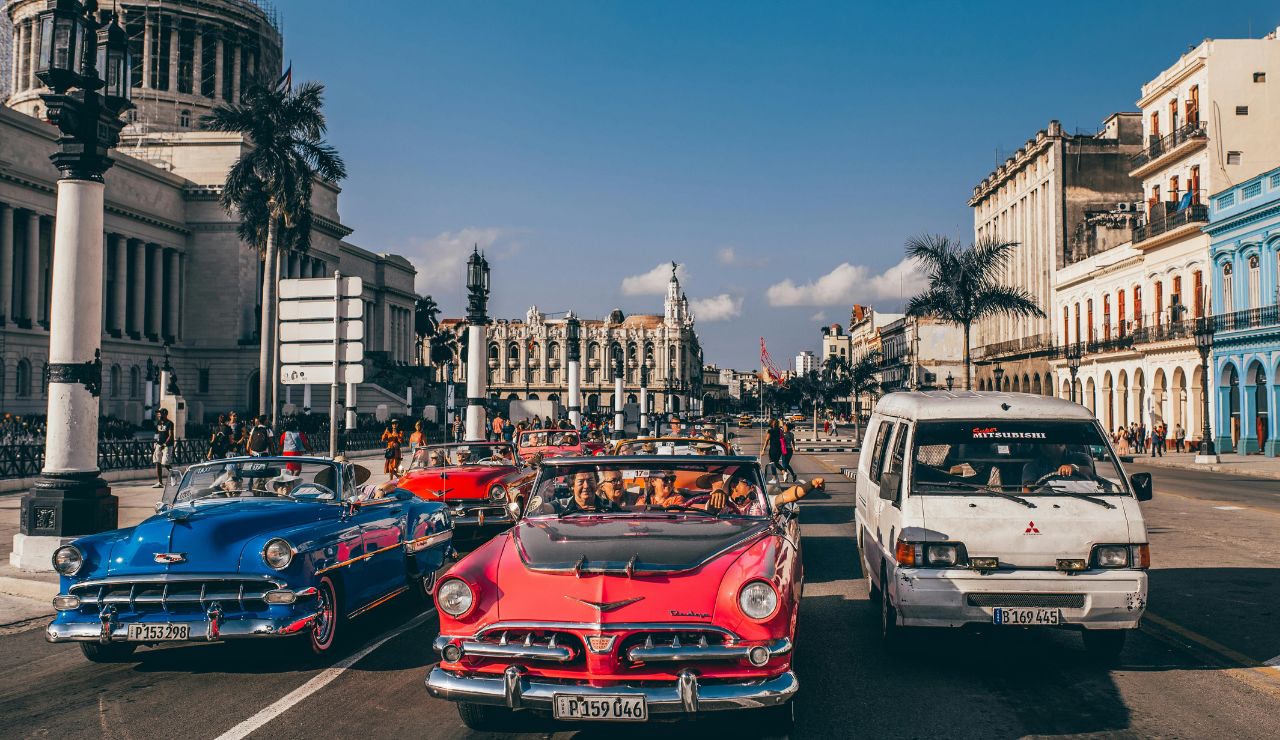
Cuba’s pastel cities, vintage cars, and timeless rhythms continue to captivate travelers but access remains a shifting target. For U.S. visitors especially, changing administrations have opened and closed doors, leaving a patchwork of approved travel categories and banned routes. Internal challenges, like fuel shortages and a strained tourism infrastructure, add more uncertainty. While the island’s culture and charm remain strong, its future as a convenient destination is murky. If Cuba is on your list, now’s the time before regulations tighten or travel becomes even more restricted.
Japan
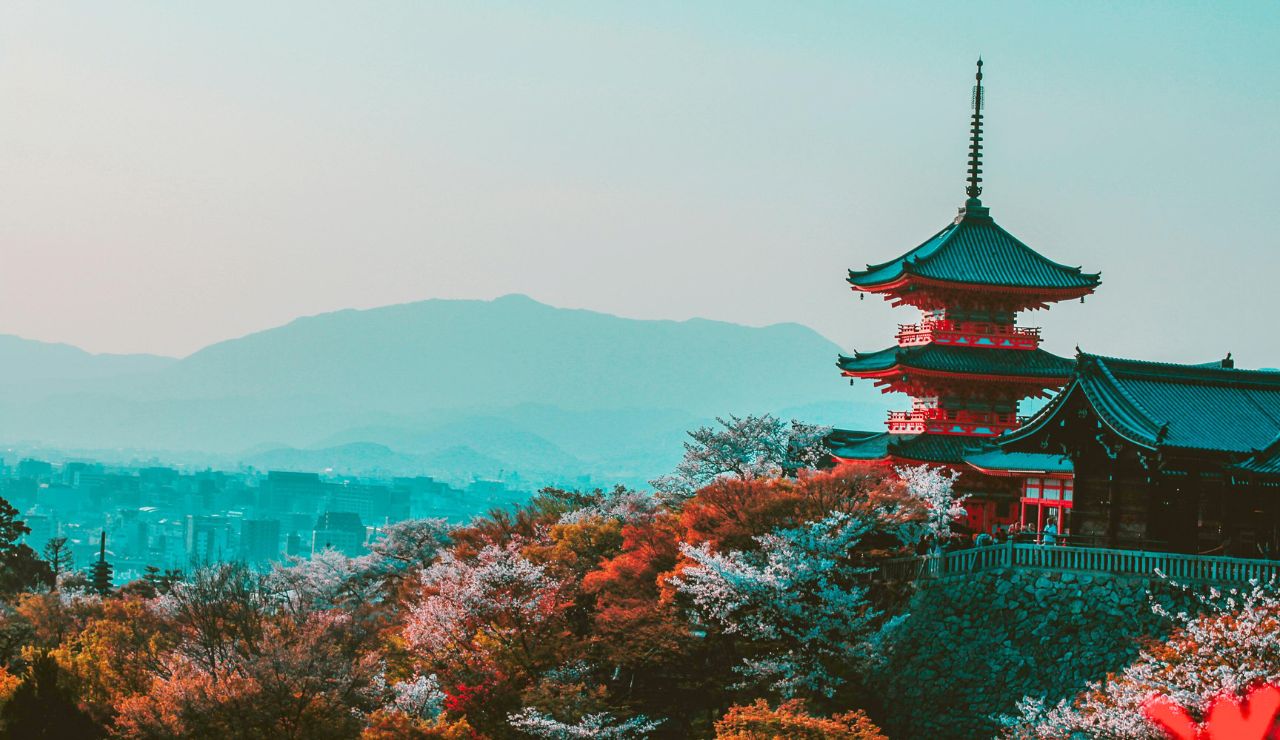
Japan is open and thriving post-COVID, but a growing backlash against overtourism is changing how visitors experience the country. In hotspots like Kyoto, new rules limit large tour groups, and residential neighborhoods are asking tourists to keep out. Mount Fuji is introducing entry fees and daily caps on climbers. Short-term rental rules are tightening, and cultural etiquette violations are fueling debate. While Japan isn’t closing its doors, it’s clearly moving toward managed tourism. For now, you can still enjoy easy access but the most iconic experiences may soon come with stricter limits.
Myanmar
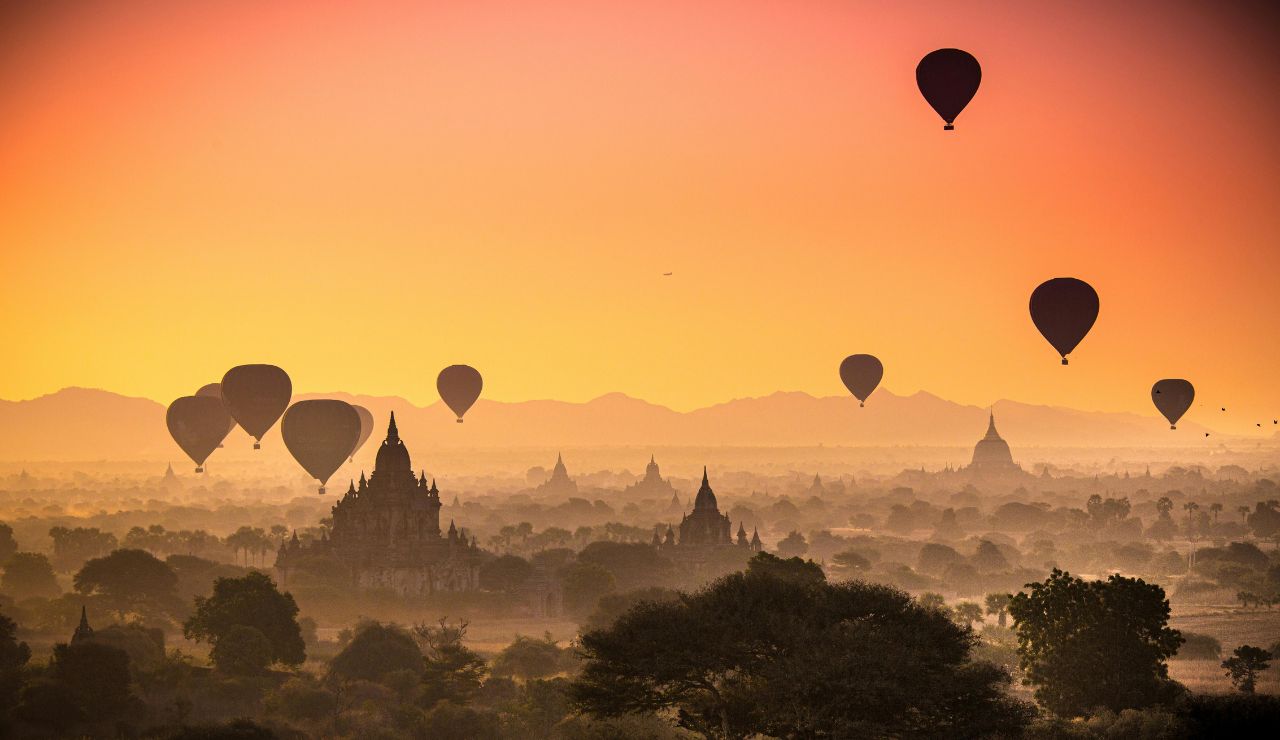
Myanmar was once a shining destination in Southeast Asia, celebrated for its golden temples, ancient cities, and warm hospitality. But following a 2021 military coup, the country has largely vanished from the travel map. Safety concerns, civil unrest, and shuttered tourism infrastructure have led most governments to issue strong travel warnings. Even iconic sites like Bagan and Inle Lake are now difficult or unsafe to access. If peace and stability return, tourism may slowly follow, but likely with strict controls. For now, Myanmar remains one of the world’s most heartbreaking travel losses.
Palau
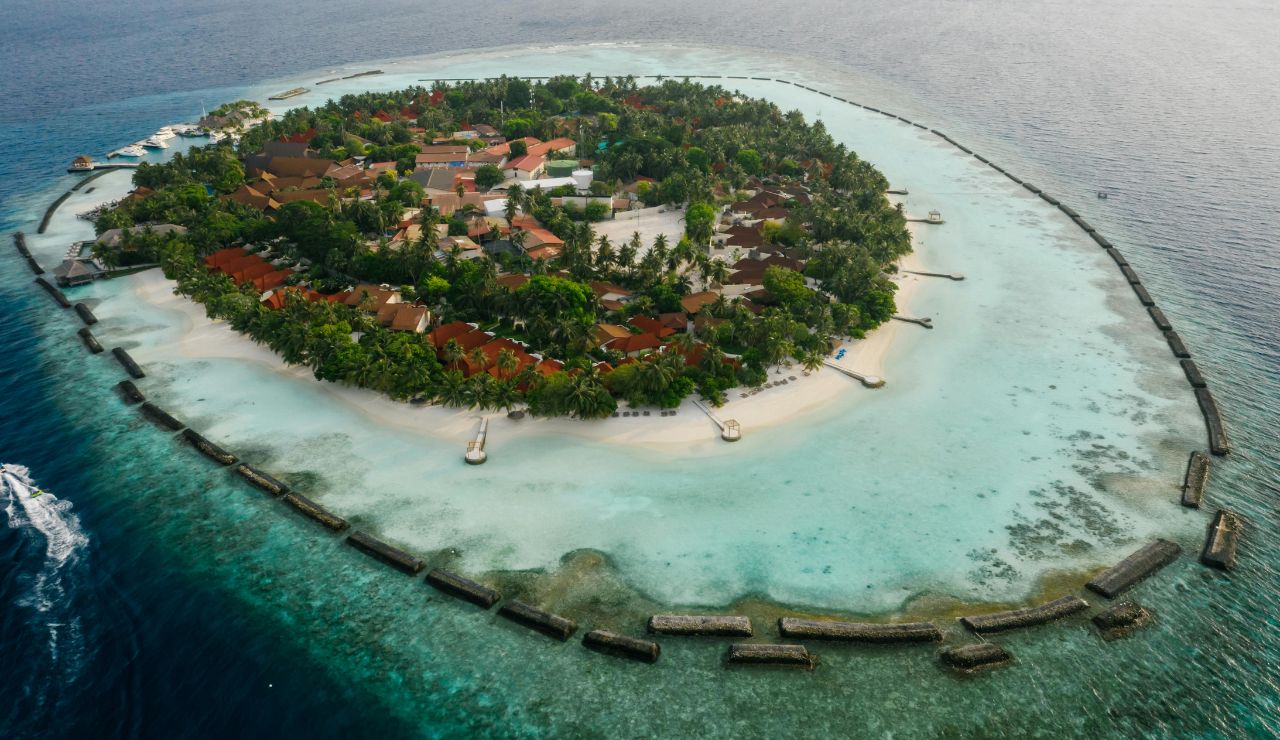
Palau may be small, but it’s making big waves in sustainable tourism. Visitors must sign an eco-pledge upon arrival, promising to respect the land and ocean. The country has banned reef-harming sunscreens and is actively considering visitor caps to protect its coral reefs and marine sanctuaries. Tourism here is guided by a deep commitment to environmental preservation not mass appeal. While Palau remains open to travelers, future access may be limited to those who meet strict green criteria. If you want to snorkel its crystal-clear waters and support its mission, don’t wait too long.